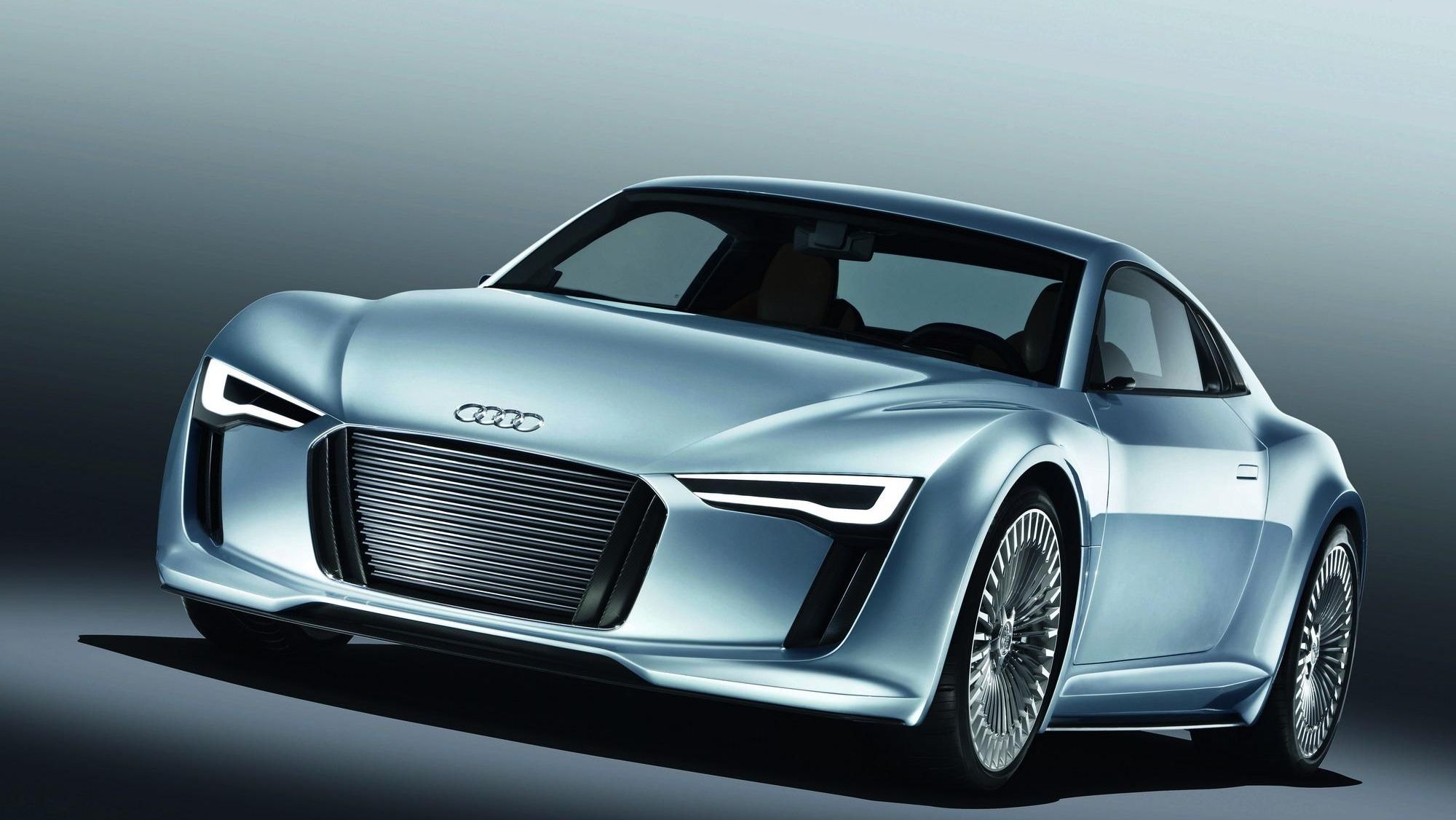Last week in our coverage of the new 2016 Audi R8, you may have read a cryptic remark from Audi’s->ke14 board member for technical development Ulrich Hackenberg, expressing his desire to see some level of electrification in every new Audi. It seemed a bit outlandish, at least for the company’s short-term product lineup, but now some new information has surfaced to back it up.
It looks like Audi’s high-performance RS range could embrace electrification soonish. Speaking with Top Gear at the launch of the new RS3,->ke3198 Quattro GmbH Technical Director Stephan Reil discussed the work his division has been doing with hybridization as a means to enhance performance, but his remarks suggest it could be a while longer before we see an RS e-tron.
“We know that it could give us more in terms of straight line performance," Reil told Top Gear. "But it is not just about straight-line performance. It is about performance in the bends, how it feels as well. At the moment there are more negatives than positives."
For Reil, another big hurdle is battery weight, but the more it’s reduced, the more likely an RS hybrid becomes. "The next generation will be very interesting," Reil said when discussing current battery tech. "They are getting smaller and lighter. We don't rule it out."
The highly complex and expensive electronic wizardry needed to make these systems work makes sense for the current crop of hypercars — Ferrari LaFerrari,->ke4626 McLaren P1->ke4608 and Porsche 918->ke3629 — but we’re still a few years away from seeing it in mainstream performance cars. Current rumors suggest you’ll be able buy a next-generation R8->ke1440 with internal combustion or electric power, but not both.
Top Gear
Click past the jump to read more about Audi's future RS hybrid models.0}
However you feel about it, it looks like RS cars will be sticking solely with internal combustion for the immediate future, which is good news for luddites and purists, but the arrival of hybrid performance cars is inevitable.
But, the technology actually makes pretty good sense for performance Audis. Audi has shackled itself to all-wheel-drive, but hybridization will allow the company to eliminate many complications that currently come with it. No more front and center differentials that add weight and take up valuable space in the engine bay. Just let a pair of electric motors work their torque-vectoring magic on the front axle.
Racing fans might also recognize there’s a bit of win-on-Sunday-sell-on-Monday trickle-down going on here. Audi’s R18 e-tron racer uses an electric-turbocharged, diesel V-6 with a seriously sophisticated energy-recovery system that deploys electric power to the front wheels when needed. Audi has perfected the technology in a racing application and used it to win Le Mans for the last three years running.

